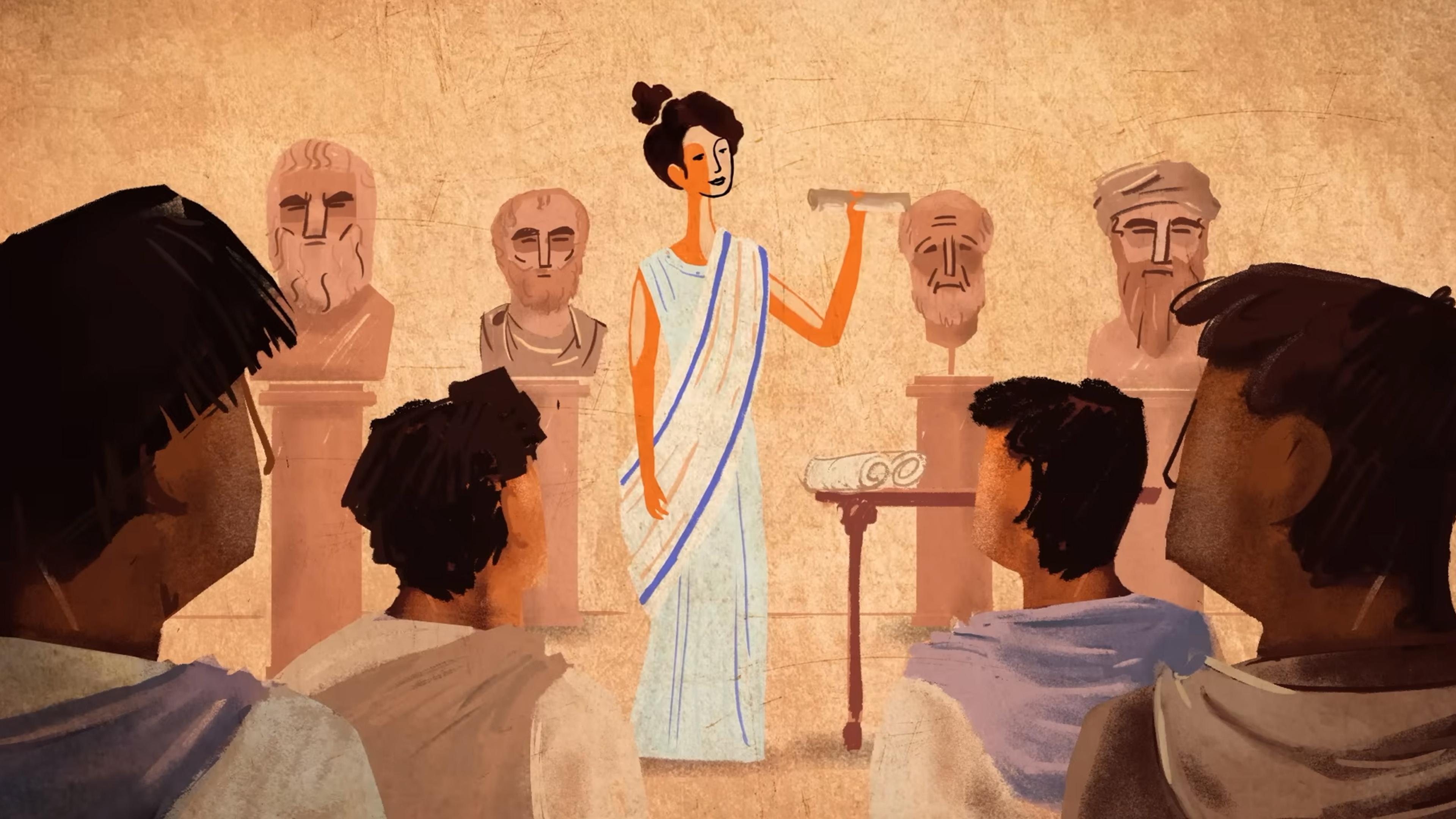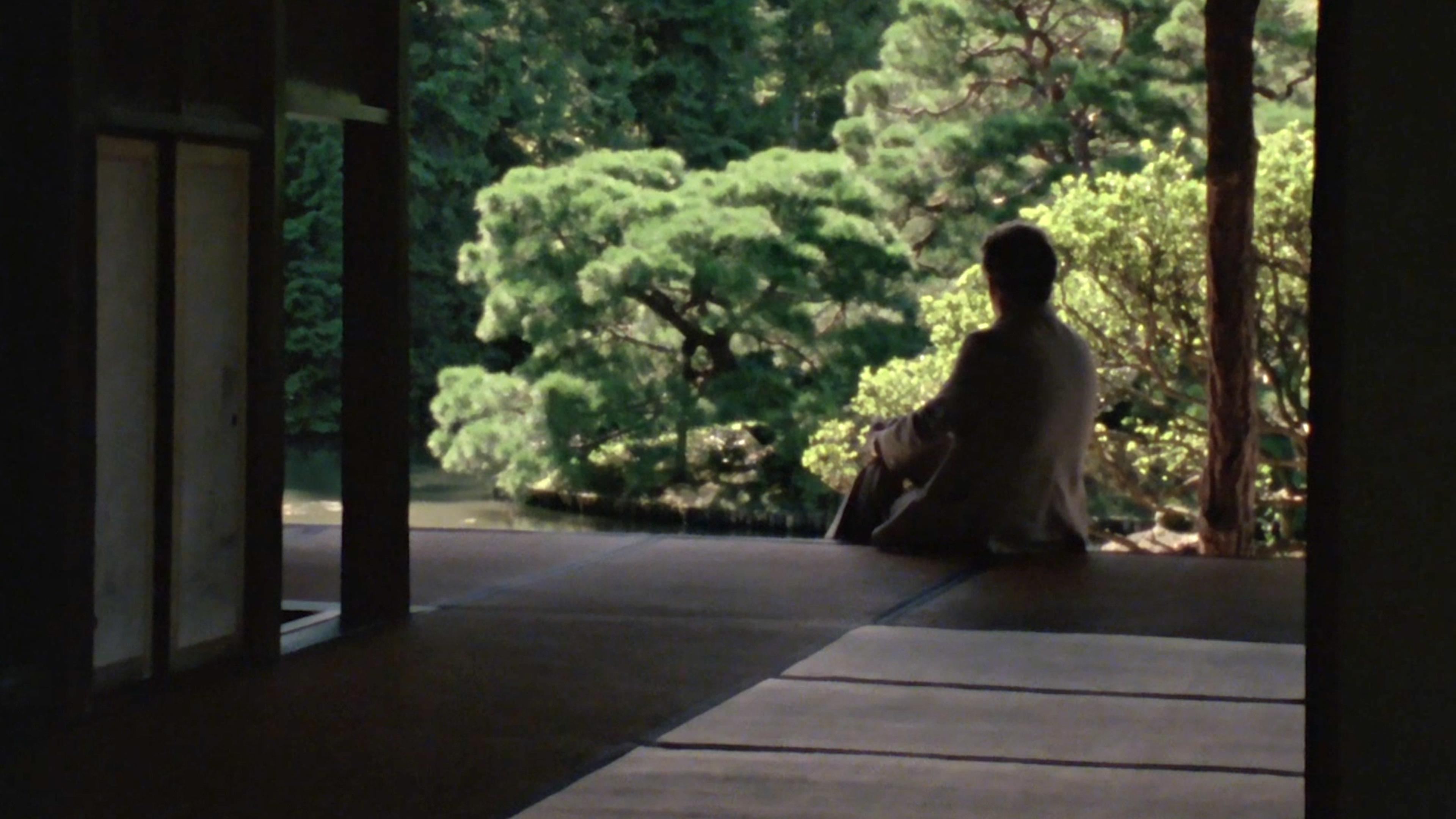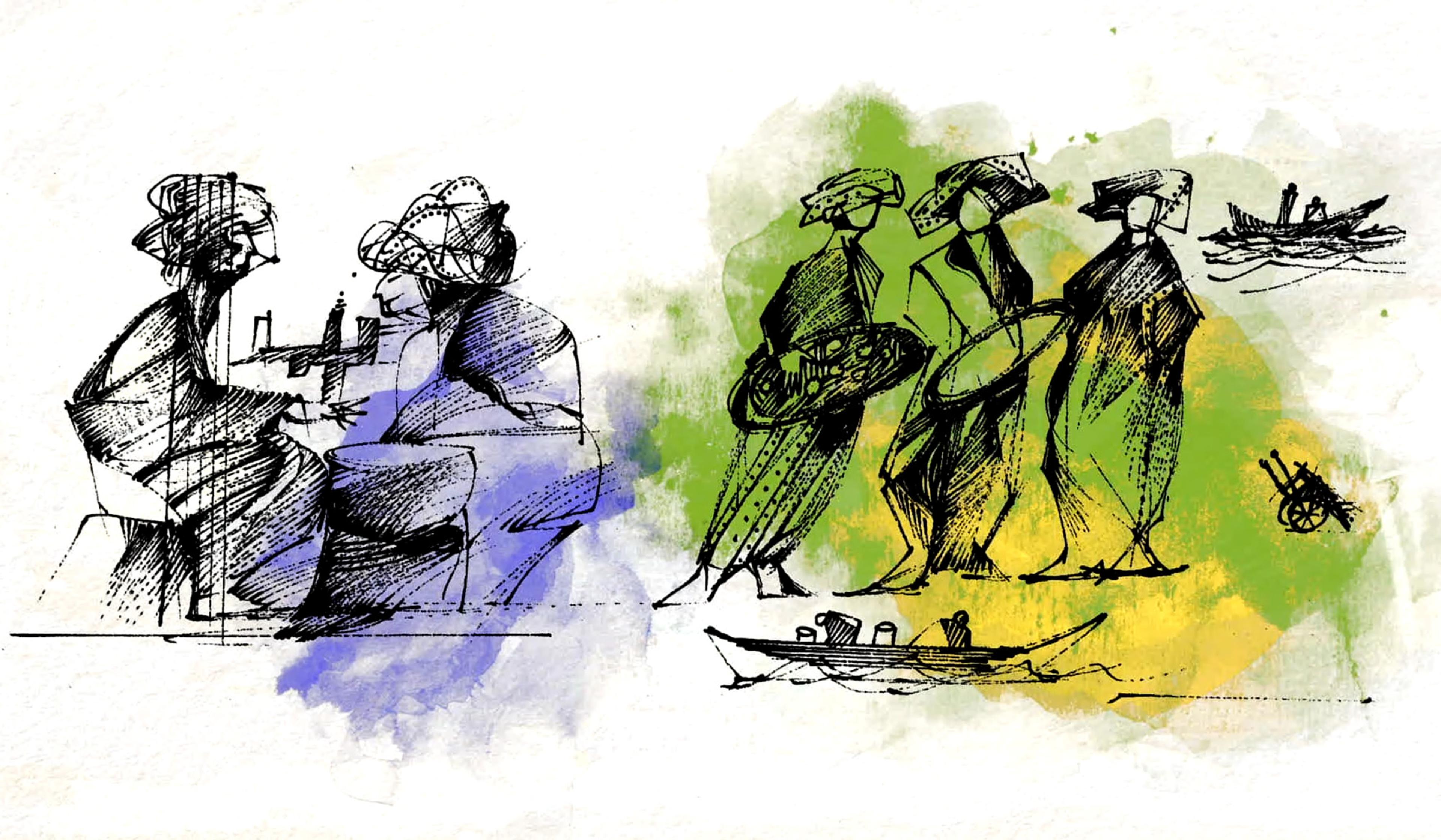Embodied cognition seems intuitive, but philosophy can push it to some strange places
That our brains exist in the context of a body might seem obvious, but for many thinkers and researchers working at the intersection of neuroscience and philosophy, this notion has become increasingly vital to understanding the human mind. The body and, crucially, movement give the brain access to our physical environments so that we can navigate the outside world. In this way, the brain and the body are partnered – one is essential to the other, and each informs the other. This framing is central to what’s known as ‘embodied cognition’, a concept with intellectual roots dating back to the early 20th century. This radical and relatively recent approach to cognition emphasises the importance of the body and rejects the once-common view of the brain as the body’s sole director. In this interview with Serious Science, Karl Friston, a neuroscientist at University College London, explores the ‘different flavours’ – some common sense, others controversial – tethered together by the idea of embodied cognition, as well as their implications for the field of neurophilosophy, and beyond.
Video by Serious Science

video
Rituals and celebrations
Flirtation, negotiation and vodka – or how to couple up in 1950s rural Poland
5 minutes

video
Technology and the self
In the town once named Asbestos, locals ponder the voids industry left in its wake
16 minutes

video
Cities
A lush, whirlwind tribute to the diversity of life in a northern English county
3 minutes

video
Stories and literature
Robert Frost’s poetic reflection on youth, as read in his unforgettable baritone
5 minutes

video
Sex and sexuality
After a sextortion scam, Eugene conducts an unblushing survey of masturbation
14 minutes

video
Language and linguistics
Closed captions suck. Here’s one artist’s inventive project to make them better
8 minutes

video
Thinkers and theories
A rare female scholar of the Roman Empire, Hypatia lived and died as a secular voice
5 minutes

video
Architecture
The celebrated architect who took inspiration from sitting, waiting and contemplating
29 minutes

video
Anthropology
Why are witchcraft accusations so common across human societies?
4 minutes